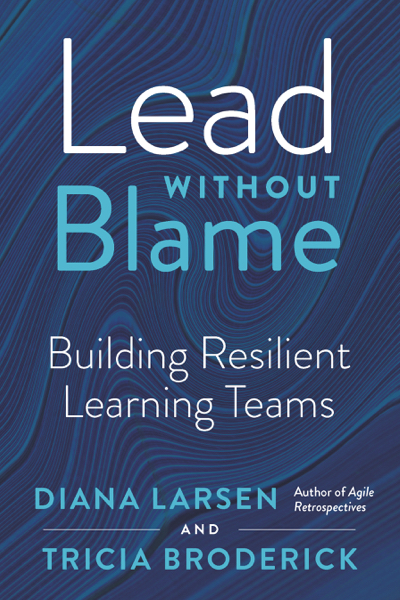This round of pet peeves is focused on poor interviewer experiences (hint: an interviewee one will be coming later).
- Misaligned values vs behavior: If you are telling candidates that people are your company’s number one priority, then who you are interviewing to potential join the team…should be a number one priority! Too often interviewers express company values but their behaviors say something completely different. I know it’s time consuming but so it not having someone good in the role.
- First impression: They are interviewing you too. I can’t tell you how many interviewers forget this and are not concerned with the impression that being late, disorganized, not passionate, etc says to the candidate. They are considering whether they would want to work for this leadership, show them you being a leader not engaging as if you “have to”.
- Over-interview: Yes, hiring is such an important decision. I’m not saying take it lightly but 4-10 rounds of interviews (some lasting the entire day) – is probably not helping your decision. Seriously, has anyone thought, nope…it was the 4th interview that won me over? Many times, this happens to have as many people as possible interview this individual – weigh the cost vs the benefit. I’m all for team selection, but do it wisely. Instead, put in a good 30, 60, 90 day policy. This is when you will really know if the hire was right or not; extending beyond that is when the costs of a bad hire escalate.
- Scenario Questions: Personally, I used to love scenario questions until I realized how many scenario question writers want one very specific answer to a scenario that often cannot be provided based on the question. Be very careful to not rule out great candidates because of lack of context or alternative ideas.
- No Closure: If you are flying a candidate in for the second or third interview, then you should have a plan to bring this to closure while they are onsite. For example, after a day long third interview, the closure is “thanks for coming in, not sure what happens next but we’ll be in touch”. Instead, I’ve had the final hour be some activity with people in the company while the decision makers meet to decide. Then with 30 minutes remaining, hopefully present an offer. This tells candidates you are serious and in this market, you can’t waste time or you’ll lose the exceptional candidates.
As much as these are pet peeves, they are mine and as a leader that doesn’t mean I get to simply judge others. Instead, these serve as opportunities for others and for me to grow. If this stuff was easy, I wouldn’t be sharing.
What are your interviewer pet peeves?





When I was interviewing for jobs out of school, I had a very impactful first impression experience that pretty quickly led me to not consider the employer.
The very first impression was entering the lobby and checking in to be given my printed name-tag with “Johnathan” written on it. The misspelling of my name is a general pet-peeve, but when they’ve had my name in official paperwork (and given the size of the company, presumably in an HR database), they’ve had ample opportunity to get it right.
But the worse impression was an interviewer later in the day. He was somewhat gruff in greeting me, but he was an engineer so I wasn’t holding that against me. He gave me a problem and asked me to solve it on the whiteboard. I had been schooled to think out loud and began going through my thought process as I began writing code on the wall, and then I glance over and see that he had gone to the opposite corner of the room and was doing his own work on the computer there. He kept his back to me the entire time until I cleared my throat and told him I was done.
I don’t remember if I got an offer from the company but I do know that I decided to reject any such offer before I heard back from them.
Thank you for sharing!
Understanding the context of success. This can work both ways.
When interviewing someone don’t always assume that their success at another position will result in success in the position you are seeking to fill. If possible, try to understand what constituted success in the current or previous position. I have made this mistake and it is difficult for all parties.
As the interviewee don’t always assume you can be successful because you were in the past just because you want the job. It will do you no good to get the job and fail because you didn’t understand what it would take to be successful.
Good point!
That last one is all too familiar — I hear of a decision after fewer than 1 in 10 interviews (and that includes those where I get the offer).
That is really sad to hear that. I hope all is well!
Question, question, question, question, question, question… “I have a hard stop for another meeting in 5 minutes, do you have any questions?”